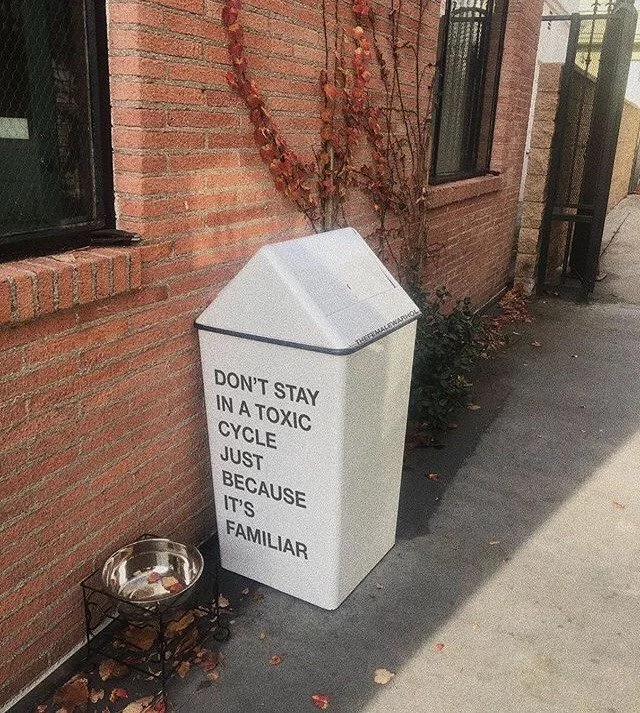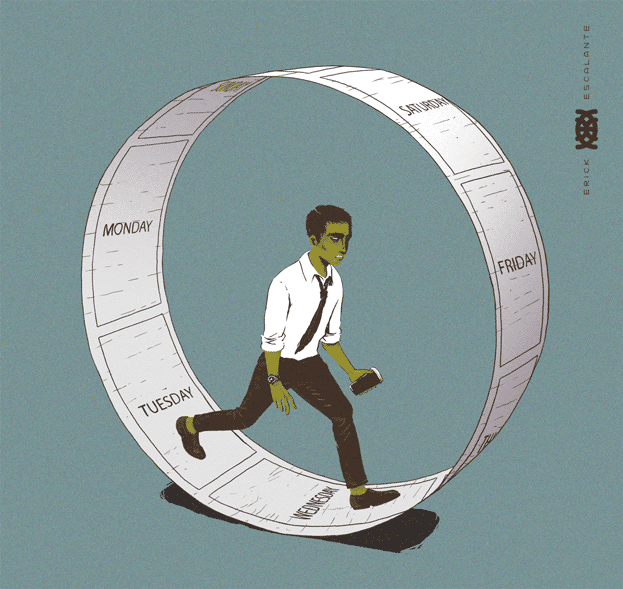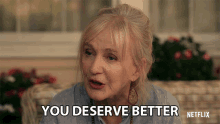
Hello, Toxic Relationships My Old Friend
8 mins read. Written by Brenda Tan.
Hello, Toxic Relationships My Old Friend
Picture this: you’re at dinner with your friends, glass of wine in hand, lamenting about how your most recent partner ended up being just like all the ones that came before. “Why can’t I find someone actually right for me?”, you ask.
Sound familiar? Read on to find out why you can’t shake the cycle of toxic relationships, and what you can do differently on your Kopi Date to change this.
As children, we read fairytales where relationships are magical and love is effortless. As adults, however, we learn that love is, in fact, effortful, and dating doesn’t always come with a fairytale ending. In our previous article on attachment styles (click to read and find out your attachment style!), we talked about how our perceptions of what a relationship are shaped by our relationships with our parents in childhood. We also learned about the different attachment styles and how this can manifest in our romantic relationships in some villainous ways. This leads us to the topic of toxic familiarity.
What is toxic familiarity?
Toxic familiarity describes the phenomenon where people tend to gravitate towards the same kind of romantic partner due to the familiarity of the relationship dynamic, even when it is toxic. On a fundamental level, human beings are drawn to familiar things. Simplicity is ideal for our brains to make sense of situations, and this applies to relationships.
If all we’ve ever known is toxic relationships, our brain subconsciously seeks out the same situations over and over even when we rationally know it’s not right for us.
When we find ourselves in a healthy relationship, we may even experience cognitive dissonance, an unpleasant feeling that comes from having two conflicting values or beliefs. Imagine a person who smokes and knows smoking is bad for their health. This misalignment of beliefs and values creates cognitive dissonance, which they could try to overcome by convincing themselves that they have enough time to quit before smoking does any real harm to their health. After all, why would they smoke if it was actually bad for them?
It’s time to quit.
Applying this to romantic relationships, we all want a healthy relationship, where there is mutual love, respect and support between us and our partner. A love that is effortless, where falling in love comes so naturally- the kind of love we see in movies and fairytales. So what happens when we end up on a first date with a Prince Not-So-Charming, and the love isn’t so effortless?
Unfortunately, a combination of insecure attachment and cognitive dissonance can drive us to push through in these situations. Take this example:
Having an emotionally distant parent who was inconsistent in meeting our emotional needs in childhood creates an insecure anxious attachment. In turn, we may end up seeking out romantic partners who are also inconsistent in their pattern of affection and support, simply because that relationship dynamic is the most familiar to us and the easiest to make sense of. The cycle repeats, and this belief entrenches itself more and more over time.
As awful as that sounds, breaking the cycle of toxic familiarity isn’t that straightforward either. After being in subpar relationships for so long, the unfamiliarity of being in a healthy one can feel uncomfortable or even scary. So how exactly can one go about getting out of that endless loop?
How to break out of the cycle
Lowest common denominator
The first step is to identify your cyclical tendencies in relationships and the kinds of partners you seek out, subconsciously or consciously. This can be informed by understanding your attachment style, and reflecting on common denominators across your previous romantic partners. How did they make you feel? What was the biggest challenge you faced in your relationships?
By identifying the patterns in your dating history, you can see where you may have gone wrong in the past, and how you can change that in the present.
2. Remind yourself of your self-worth
Recognise that you can do better! When we’ve been in toxic relationships for a while, we’ve reinforced certain beliefs about ourselves and the ways we deserve to be treated. We need to remind ourselves of what we really deserve- to be treated with respect and care.
Once we acknowledge that we deserve better and change our beliefs, our brains can help us to identify whether a relationship is good for us or if we’re lapsing into toxic familiarity again.
3. Don’t be afraid of vulnerability
It may be scary to open up and be honest about your emotions, but this is an important part of being able to move on from your trauma and heal in your new relationships. After all, we have to be open and willing to talk about our insecurities with ourselves and our partners before we can achieve healthy communication.
A great way to do this is through your Kopi Date experience kits! Specifically designed to allow you to get to know your date as well as possible and vice versa, use this as an opportunity to reflect on yourself and have a meaningful first connection, stripped of any rose-tinted lenses of the past.
By signing up for Kopi Date, you’re already on the way to finding your genuine, loving relationship, so use the skills we’ve talked about today to help you along. Being in a toxic cycle of relationships holds us back from living fulfilling lives- would we tell our friends its okay that their partners make them unhappy? We need to start practicing what we preach, standing up for ourselves and expecting nothing but the utmost respect from our romantic relationships. You deserve better.
Kopi Date is a startup that curates thoughtful 1:1 coffee dates at unique spaces in Singapore.
Simply share with us your story; what makes you, you. When your date has been scheduled, turn up at our partnered unique spaces for your date! You’ll be served with a complimentary coffee and a Kopi Date experience kit.
Kopi Date is a step away from the frustrations of online dating, transforming the overly digitised process into a humanised experience.








